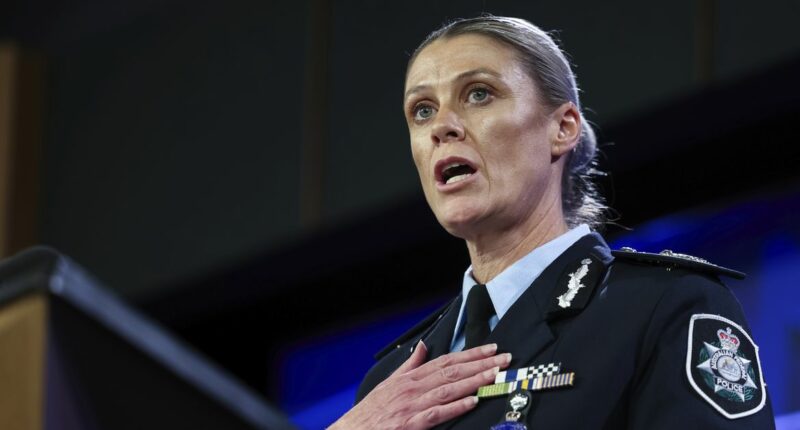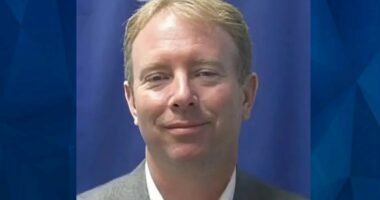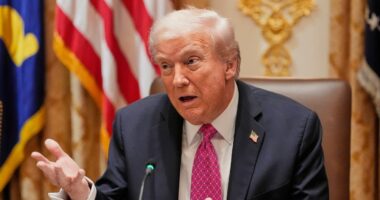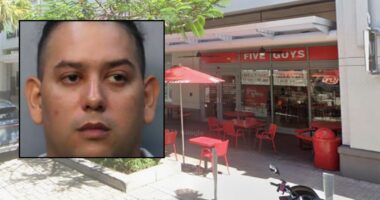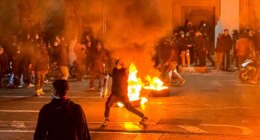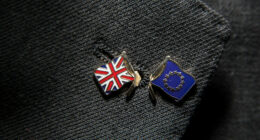Share this @internewscast.com
The leader of the Australian Federal Police is set to urge international counterparts to collaborate in sharing intelligence on prominent neo-Nazis and other extremist groups. This initiative aims to curb their influence within Australia.
Commissioner Krissy Barrett is poised to participate in the 93rd INTERPOL General Assembly in Morocco this week. During the event, she plans to engage with over 20 global law enforcement leaders.
“I intend to request that pertinent partners share more insights on hate groups, including Nazi sympathizers, and offer guidance based on their historical experiences,” she stated.

“Protecting Australia’s societal harmony is a top priority. The AFP is committed to counteracting and taking action against those who attempt to harm our social cohesion by fostering hatred, division, and violence against marginalized communities,” Barrett emphasized.
She highlighted that the AFP is ready to increase its partnership with INTERPOL in response to rising global instability.
“INTERPOL plays a crucial role in our national security strategy. It keeps the AFP connected to global networks, which are currently challenged by grey zone conflicts and direct aggression,” Barrett remarked.
The AFP will also ask international partners to help crack down on illicit tobacco trafficking to Australia, which Barrett said was affecting the broader Pacific region.
“Australia’s insatiable appetite for dangerous and addictive illicit commodities, even during years of cost-of-living pressures, continues to create significant pressure in our suburbs,” Barrett said.
“And it is unfortunate that to meet this demand, organised crime is using the Pacific as a transit point to get to Australia.
“This is impacting on the health of Pacific Island communities and attracting organised crime within the region.
“The AFP will stand side-by-side with Pacific police organisations to combat organised crime and that includes ensuring they have access to international databases that can help keep criminals out of their countries and identify and remove offenders.”
